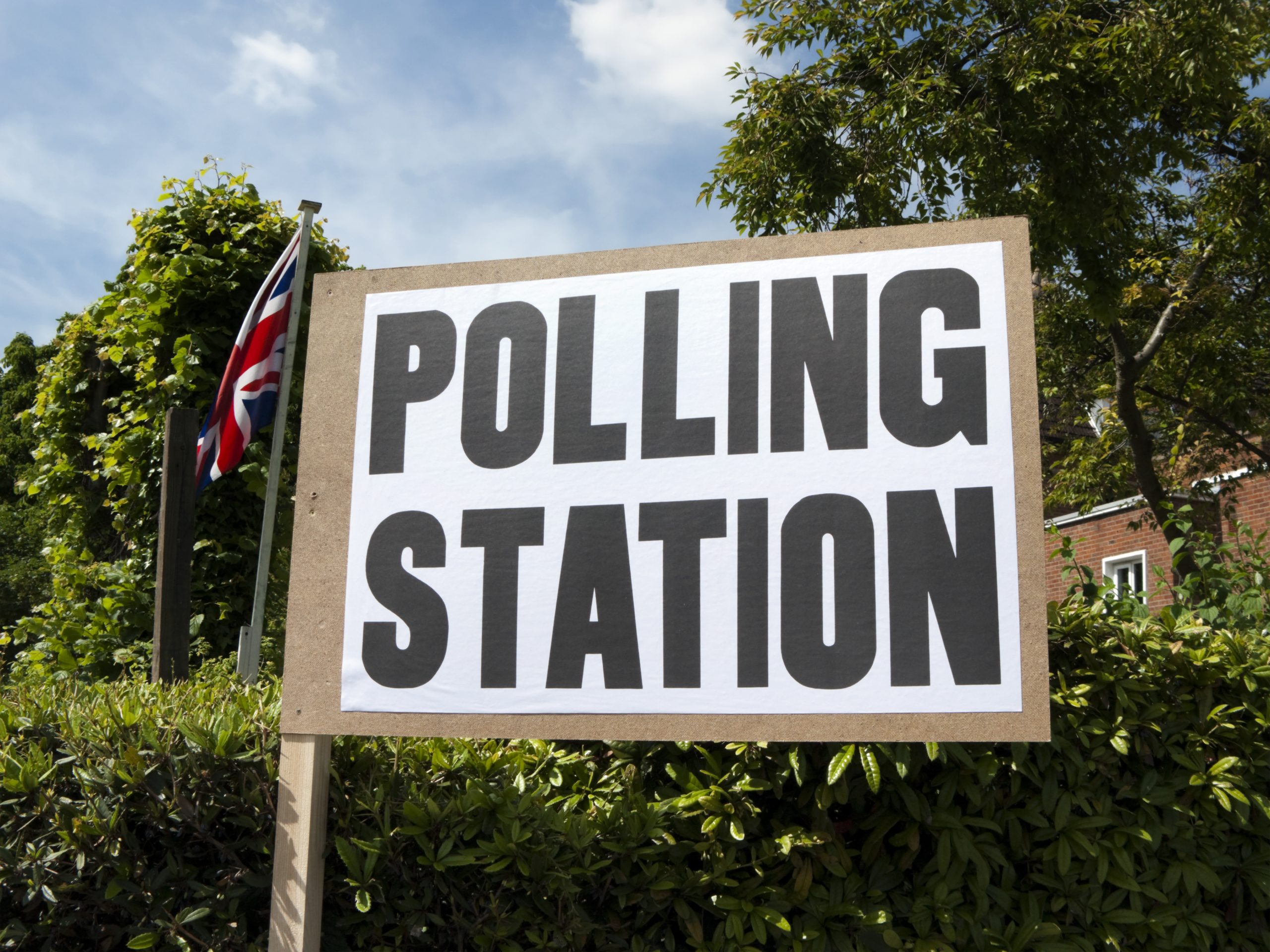The Consequences Of A Politicized CFIUS Process
In September, multiple outlets reported that Ant Financial, an affiliate of Chinese e-commerce giant Alibaba Group Holding, would try for a third time to seek approval from the Committee on Foreign Investment in the U.S. (“CFIUS”) to purchase the Texas-based money transfer company MoneyGram International for USD $1.2 billion. This report comes on the heels of President Trump’s decision to bar a Chinese investment company from acquiring Lattice Semiconductor Corp., a transaction that went before CFIUS three times without receiving approval.
While the deliberations of CFIUS, chaired by the Treasury Secretary with input from several government agencies, are private and supposedly apolitical, the Ant Financial/MoneyGram (“MoneyGram”) deal has received an unusual amount of attention and has generated heated debate about the national and economic security implications of selling one money transfer company to another. A headline from one DC-focused outlet sums up the high stakes for the companies and the Trump administration: “Chinese grab for U.S. money transfer giant sets off alarms.”
While CFIUS has been reviewing the transaction and engaging with the companies behind closed doors, part of the public debate has included an apparent robust public relations effort by supporters and opponents alike. For example, lawmakers from both parties petitioned the Treasury secretary to scrutinize or block the transaction; the chairman of Ant Financial’s parent company dined with Commerce Secretary Wilbur Ross and Ivanka Trump on different occasions; a rival bidder made its own offer for MoneyGram citing the national security and regulatory concerns of the original bid; and both MoneyGram and the competitor utilized opposition research in public statements to strengthen their position in the press.
At the same time, complicating the political environment for the transaction, President Trump has repeatedly admonished the Chinese government for not doing enough to pressure the North Koreans into halting provocative missile launches and has threatened retaliatory trade measures, increasing political tensions between the two countries.
Why has this transaction garnered so much scrutiny? Is the public fight over MoneyGram an outlier or is it representative of how transactions may unfold in the future? Below are a few examples of the consequences of the increasing politicization of the CFIUS process, positing that the public relations and government affairs campaigns surrounding the MoneyGram transaction are likely to become more common.
Increased Scrutiny Raises The Bar For Cross-Border Transactions
As FTI has written before, transactions requiring CFIUS approval are becoming increasingly complicated. When President Trump disparages and reconsiders trade agreements, pursues investigations of other countries’ unfair trade practices, hires staff reportedly interested in “trade wars,” and questions foreign direct investment (especially from Chinese companies), it seems all the more likely that his administration would use the CFIUS process to block or discourage transactions for other than strictly national security reasons.
The Wall Street Journal reported in July that, “deal makers say CFIUS… is growing increasingly wary of Chinese companies.” It further noted that “Rising trade tensions between China and the U.S. also could be contributing to increased hesitation by the committee, lawyers and bankers say.” Additionally, the Trump administration has reportedly been slow to appoint key political appointees who could provide guidance to Committee staff on how to make difficult decisions, slowing down and complicating the process further.
To be fair, it is not just the Trump administration growing wary of cross-border deals. Bipartisan congressional support for more rigorous scrutiny of acquisitions in sensitive industries has increased in recent years. Sen. John Cornyn (R-TX) and Rep. Robert Pittenger (R-NC) will soon introduce legislation to modernize the CFIUS process with a specific focus on national security, however some Democrats continue to advocate for an additional “economic benefit” test for transaction approval.
At the same time, Beijing recently instituted restrictions on outbound foreign investment, emphasizing the importance of technology but downplaying investments in property, sports and entertainment. In this environment, Chinese deals have dropped 65 percent this year compared to last, according to one report. The additional scrutiny reportedly puts $75 million in advisor fees at risk.
CFIUS Approval: From Regulatory Hurdle To Reputational Risk
One consequence of this environment is the increased politicization of CFIUS approval. Lawmakers and business competitors are seeking to leverage the largely opaque process to advance their own interests, which in turn further politicizes the process. The result is an M&A landscape where multinational companies face increased political, regulatory and reputational risks.
This leads to greater Congressional involvement and an opportunity for opponents to fill the void:
Congress Wants To Be Heard
Even though their influence on the CFIUS process is uncertain, Members of Congress are likely to generate media attention by airing their concerns, be it through letters, reports, statements or hearings. For instance:
- At the request of lawmakers, the Government Accountability Office (GAO) is examining the CFIUS process; in particular, the report will probe what additional authority may be needed to address foreign ownership as a strategic threat. The study is expected to be completed by the end of the year and Members of Congress are sure to focus on the conclusions that bolster their argument.
- Transactions do not happen in a vacuum. Lawmakers are keenly aware of the implications of a transaction, whether it is job losses or increased competition for an industry based in their congressional district. Without a formal role in transaction approvals, members of Congress are publicly airing their concerns, commenting on national security and economic concerns in ways that can mirror or amplify the language of a transaction’s opponents.
- Reps. Kevin Yoder (R-KS) and Eddie Bernice Johnson (D-TX) described the MoneyGram merger as “particularly concerning because it would open up the possibility of [a] malicious actor to retrieve data on US military personnel and military families, who are substantial users of money transfer services,” echoing language used by opponents of the deal. Ant Financial issued a public letter rebutting the accusation.
- New Jersey Rep. Chris Smith told the New York Post that the MoneyGram transaction was a “bad deal” for US consumers and should be blocked given Ant Financial’s connection to the Chinese government. MoneyGram officials called the accusations “ludicrous” and offered explanations of the company’s “non-controlling, passive” investors.
- In July, Sen. Joe Manchin (D-WV) wrote to the Securities and Exchange Commission about the planned purchase of the Chicago Stock Exchange led by Chinese investors, the Chongqing Casin Enterprise Group. Manchin had criticized CFIUS’ decision to approve the transaction during the Obama administration. “I believe it is highly likely that [the Chinese] will employ similar, deceitful practices to gain an unfair advantage in our financial markets through this acquisition,” Manchin wrote, referring to China’s history of stealing intellectual property and cyberattacks.
- While not commenting on a specific transaction, Senate Minority Leader Chuck Schumer (D-NY) recently requested that President Trump use his unilateral authority to block all Chinese deals until China worked to curb North Korean aggression. In 2015, Schumer similarly requested that CFIUS “investigate and take appropriate action to withhold approval of any U.S. technology firm’s acquisition by any Chinese [state-owned enterprise] until China has undertaken reforms to their existing policies that constrain U.S. technology firms’ access to China’s market and violate U.S. intellectual property rights.”
Opponents Will Fill The Vacuum
“A spokesman at the Treasury Department declined to comment.” That’s all a reporter is likely to get when asking for comment on a transaction before the CFIUS committee. To take advantage of that silence, third parties will try their own tactics to generate media in opposition to the transaction or to advocate for their own issues. In the examples below, parties to a transaction are forced to respond defensively to the accusations of outside groups.
- During the MoneyGram deliberations, Kansas-based payment services company Euronet enlisted The Cohen Group, a D.C. consulting firm run by former Secretary of Defense and Republican Sen. William Cohen, to help make the case that Ant Financial’s acquisition of MoneyGram would threaten national security. Then, Euronet offered its own higher bid, specifically stating in a public letter that the company’s bid was superior because it would not have to be approved by CFIUS. This caused Ant Financial not only to increase its bid by 36 percent to $1.2 billion, but to respond to the allegations publicly.
- In August, the Wall Street Journal reported that Cohu, a U.S. semiconductor-testing company was “mounting a quiet campaign to derail the planned $580 million sale of an American rival, Xcerra Corp., to a Chinese state-backed group.” Concerned about the influx of money to which its competitor could have access after the transaction, Cohu sent its own risk analysis to CFIUS, highlighting an argument that had successfully blocked deals for semiconductor manufacturing companies in the past. Xcerra was forced to respond that the “allegations Cohu make are false, as Xcerra does not possess critical [intellectual property] from any customer.”
Our Advice: Be Prepared
Our analysis of the regulatory and political environment leads us to believe that the public relations fight around the MoneyGram transaction is not an outlier, but rather an indicator of how competitive M&A transactions may unfold in the Trump era. While CFIUS will continue to conduct its work in private, we expect to see more public input from lawmakers, unions, consumer advocacy groups and competitors over how and which transactions should be approved. CFIUS reform legislation, likely introduced this fall, will offer these groups and other economic nationalists further opportunities to scrutinize and publicly question transactions awaiting regulatory approval. President Trump’s personal involvement in such transactions is another complicating factor given our relationship with and the administration’s stance toward China, North Korea and trade negotiations.
What does this mean for the business and legal communities? As the CFIUS and M&A process becomes more politicized, companies needs to make sure they have not just a solid legal strategy, but a public affairs, communications and government relations strategy to help control the public narrative as well. By presenting a clear and consistent message, strengthening relationships with influential stakeholders, and enlisting the support of credible third parties, companies can work to reduce these risks.






